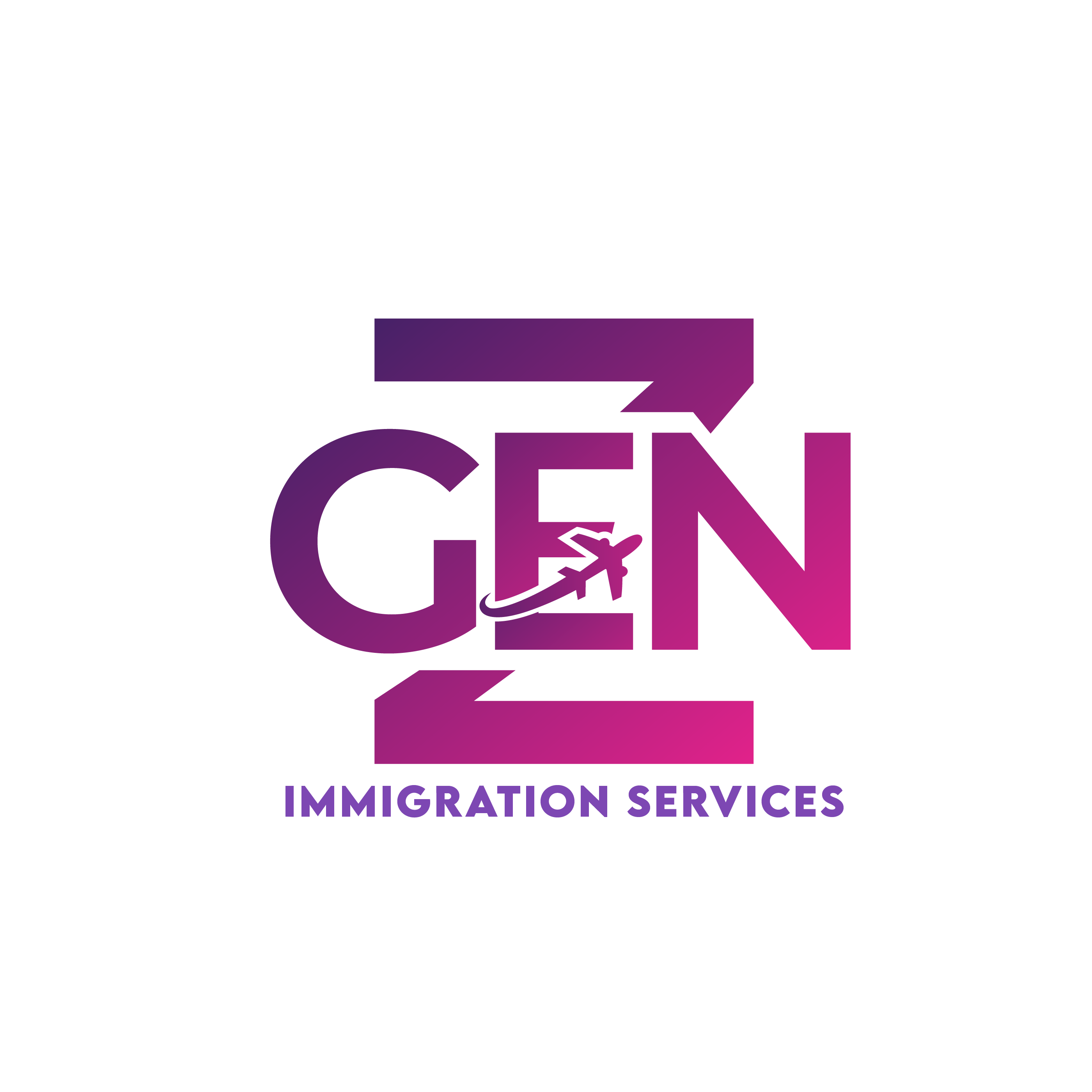Best Live Online Preparation
Designated Regional Areas
Exploring Designated Regional Areas in Australia: Opportunities and Benefits

Introduction
Australia, known for its stunning landscapes, diverse cultures, and economic stability, has long been an attractive destination for immigrants worldwide. In recent years, the Australian government has actively promoted migration to designated regional areas as a way to boost economic development outside major cities. In this article, we delve into the concept of designated regional areas in Australia, their significance, and the opportunities they offer to immigrants.
Understanding Designated Regional Areas
Designated regional areas in Australia refer to specific geographic locations outside the major metropolitan cities like Sydney, Melbourne, and Brisbane. These areas are identified by the government as regions in need of population growth, economic development, and skilled workers. The goal is to distribute population and economic activity more evenly across the country.
Key Features of Designated Regional Areas:
-
Incentives for Skilled Migration: The Australian government encourages skilled migrants to settle in designated regional areas by offering various incentives, including priority processing of visa applications and additional points on the immigration points test.
-
Regional Development: Investing in regional development helps create jobs, improve infrastructure, and stimulate economic growth in these areas. It also reduces congestion and pressure on services in major cities.
-
Skills Shortages: Many designated regional areas in Australia face skill shortages in various industries, such as healthcare, agriculture, construction, and IT. Skilled migrants can fill these gaps and contribute to local communities.
-
Variety of Locations: Designated regional areas encompass a wide range of locations, from coastal towns to rural farming communities. This diversity allows immigrants to choose a region that aligns with their lifestyle preferences.
Benefits of Settling in Designated Regional Areas
-
Sponsorship and Pathways to Permanent Residency: Many designated regional areas have state or territory governments that can sponsor immigrants for specific visa subclasses, such as the Skilled Regional (Provisional) Visa subclass 491. These sponsorships can lead to permanent residency, opening doors to a host of benefits.
-
Quality of Life: Regional areas often offer a higher quality of life with lower living costs, less traffic congestion, and access to stunning natural landscapes. This can provide a more relaxed and family-friendly environment.
-
Employment Opportunities: Skilled migrants in designated regional areas may find it easier to secure employment due to skill shortages. These areas often have job opportunities in fields like healthcare, agriculture, education, and trades.
-
Strong Sense of Community: Regional areas tend to have close-knit communities where newcomers are welcomed and integrated more easily. This can lead to a richer social life and support network.
-
Access to Services: Many designated regional areas have invested in improving healthcare, education, and infrastructure to attract and support new residents. These services are generally of high quality and easily accessible.
-
Work-Life Balance: A move to a regional area can often provide a better work-life balance, with less time spent commuting and more time for leisure activities.
Challenges and Considerations
While settling in designated regional areas offers numerous benefits, there are also some challenges and considerations to keep in mind:
-
Job Opportunities: While some regional areas have a strong demand for skilled workers, others may have limited job prospects in certain industries. It's essential to research and choose a region that aligns with your skills and career goals.
-
Isolation: Living in a regional area can sometimes lead to feelings of isolation, especially if you are far from major cities and cultural amenities. Assess your social and cultural preferences before making the move.
-
Cultural Adaptation: Regional areas may have different cultural norms and expectations than major cities. It's important to be open to embracing new experiences and perspectives.
-
Access to Specialized Services: In some cases, specialized healthcare or education services may not be as readily available in regional areas. Consider your family's specific needs and requirements.
Conclusion
Designated regional areas in Australia offer a world of opportunities for skilled migrants seeking a better life Down Under. These areas are not only economically vibrant but also provide a high quality of life, a strong sense of community, and pathways to permanent residency. However, making the move to a regional area requires careful planning, research, and consideration of your personal and professional goals. By exploring the unique opportunities and benefits of designated regional areas, skilled migrants can embark on a rewarding journey towards a new and fulfilling life in Australia.
Why Choose Gen Z Immigration
Individual Attention
Individual Attention
Result Driven Coaching
Result Driven Coaching
Flexbile Timing
Flexbile Timing
Free Study Material
Free Study Material

Our Benefits
Get the Best Visa Immigration from the Gen Z Group of Exellence
-
-
Customized Study Plans
-
Skill Building Sessions
-
Full Lenght Mock Test


